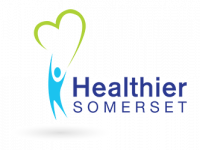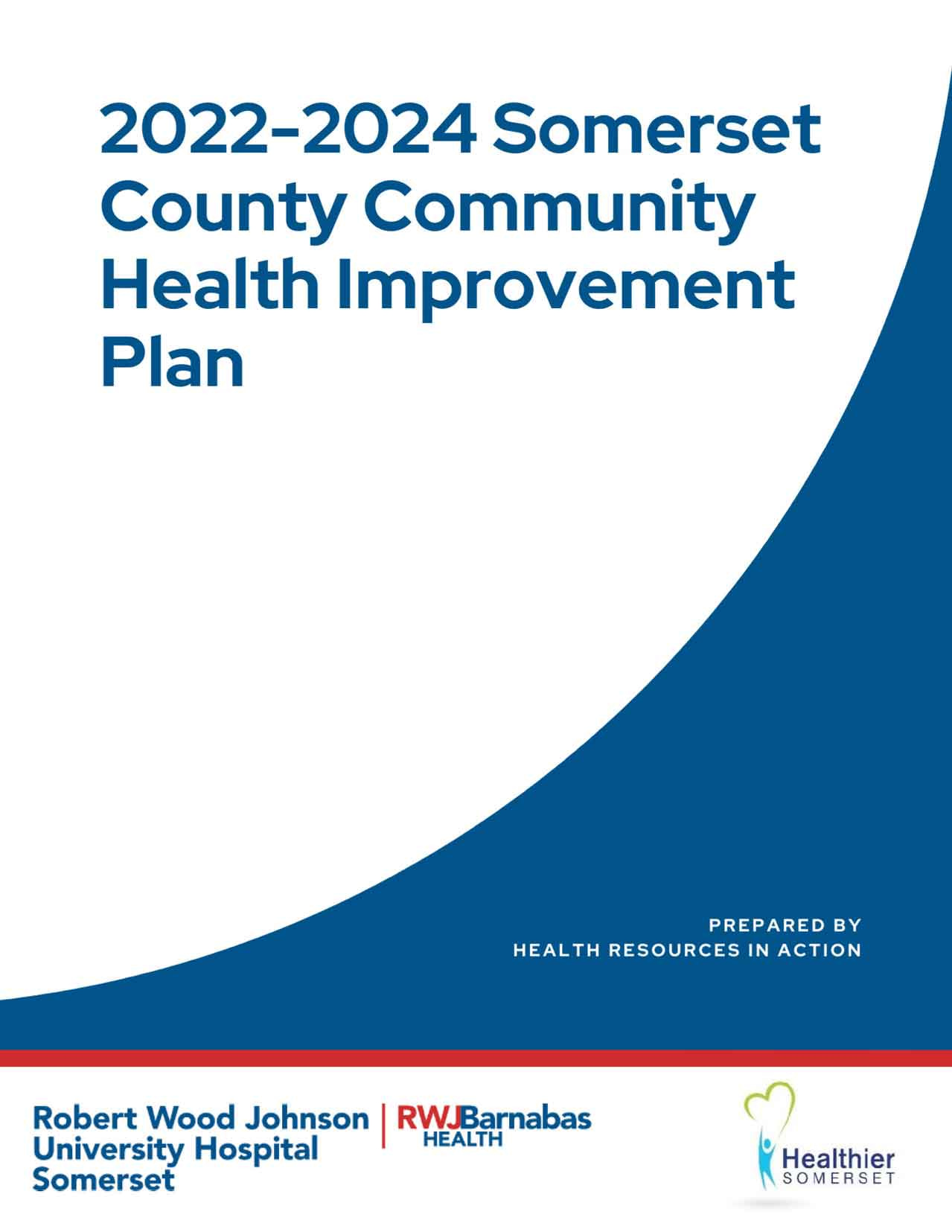HEALTH PRIORITY 1
BEHAVIORAL HEALTH
MENTAL HEALTH AND SUBSTANCE ABUSE
Mental health identified as the top community health issue in Somerset County.
Respondents reported that they or someone in their family have experienced difficulty maintaining a good mental state since COVID-19.
Black survey respondents reported a substance abuse issue diagnosed by a health professional.
* data based on the 2021-2024 Somerset County Community Health Needs Assessment
OVERVIEW
Among Somerset Community Health Needs Assessment Community Survey respondents, mental health was identified as the top community health concern, high stress lifestyle was the third, and substance use, abuse, and overdose was the fourth. Interviewees and focus group members noted that while mental health has been a longstanding health concern, the COVID-19 pandemic has made the issues of stress, isolation, and boredom more pressing. While mental health issues affected people of all ages, races, and genders, mental health concerns for seniors, parents and youth, LGBTQ persons, Latino residents, and low-income adults were highlighted in qualitative discussions. Additionally, focus group participants and interviewees highlighted several barriers to accessing mental health services including cost, wait times, and lack of bilingual providers. Similarly, several qualitative participants reported that substance use, particularly alcohol use, has increased over the past eighteen months, a consequence of the boredom, isolation, and anxiety caused by the pandemic. Alcohol, opioid, and marijuana use were highlighted as concerns for substance use; several interviewees described an increase in substance use among youth.
HOW WE’RE GETTING THERE
GOAL
Prioritize mental health and substance use programing that is equitable and available without fear or judgment throughout Somerset County.
OBJECTIVES
1.1: By December 2024, increase access to culturally appropriate mental health programming across the life span (youth, adults, and seniors) with an emphasis on traditionally underserved populations.
1.2: By December 2024, reduce stigma around mental health issues and substance use disorders.
- Promote awareness of mental health education and services to traditional and non- traditional settings to meet people where they are (e.g., churches, bodegas, pharmacies, social services).
- Research and advocate for effective ways to increase bilingual counseling services and counselors for schools (e.g., create resource page of bilingual counseling services/providers).
- Promote and increase family support programming to help parents support their children’s mental health as they grow from childhood to adolescence.
- Research and implement evidence-based approaches for combatting senior isolation (including intergenerational programming).
- Advocate for county-wide policy for later school start time to improve behavioral health of students.
- Promote awareness of substance use education and services to traditional and non- traditional settings to meet people where they are (e.g., churches, bodegas, pharmacies, social services).
- Increase visibility of community-based organizations, such as National Alliance on Mental Illness (NAMI), to highlight services for Spanish-speaking residents, including access to bilingual counselors and peer recovery specialists.
- Promote alternative approaches to pain management for seniors.
- Educate providers about harm reduction and advocate for providers to implement harm reduction policies, programs, and practices as part of their services.
- Implement educational programs including Mental Health First Aid (MHFA) (education on stigma and awareness) and Suicide prevention.
- Offer training, education, and other resources for the school community (including staff, parents, students, and volunteers) around mental health.
- Advocate for medical and social service providers, school staff, and police departments to learn about and adopt trauma-informed approaches.
- Translate existing resources in multiple languages and modify existing resources for varying cultural backgrounds and socio-economic statuses.
- Partner with municipalities, churches, and businesses to take the Stigma Free pledge.

